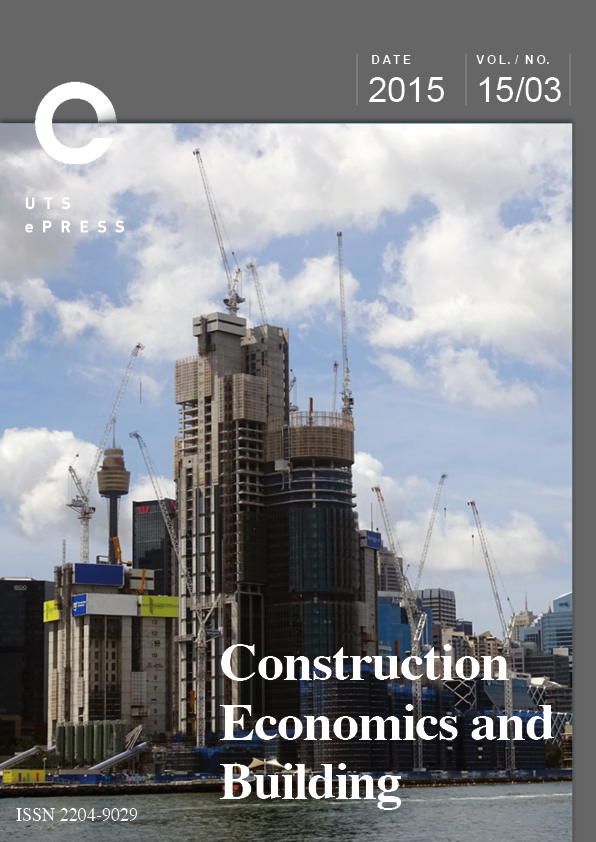Developing Routines in Large Inter-organisational Projects: A Case Study of an Infrastructure Megaproject
Main Article Content
Abstract
General management research has increasingly recognised the significance of routines in organisational performance. Among organisational tasks, megaprojects depend more on routines selected and created within the project than standard, small-scale projects do, owing largely to their size, duration, and uniqueness. Within this context, the present paper investigates how project routines were established and developed during the early design phase of an inter-organisational megaproject. A case study of a large public infrastructure project was conducted, in which data were collected during observations, semi-structured interviews, and project document studies over the course of three years. Results of analysis revealed that the client exerted the greatest impact on choice of routines and that the temporary nature of tasks limited efforts to fine-tune routines. Changes in routines were primarily reactive to new knowledge concerning project needs. The findings suggest that meta-routines to consciously review routines should be used to a greater extent and designed to capture supplier experiences as well.
Article Details
Section
Authors who publish with this journal agree to the following terms:
a) Authors retain copyright and grant the journal right of first publication with the work simultaneously licensed under a Creative Commons Attribution License that allows others to share and adapt the work with an acknowledgement of the work's authorship and initial publication in this journal.
b) Authors are able to enter into separate, additional contractual arrangements for the non-exclusive distribution of the journal's published version of the work (e.g., post it to an institutional repository or publish it in a book), with an acknowledgement of its initial publication in this journal.
c) Authors are permitted and encouraged to post their work online (e.g., in institutional repositories or on their website) prior to and during the submission process, as it can lead to productive exchanges, as well as earlier and greater citation of published work (See The Open Access Citation Advantage Service). Where authors include such a work in an institutional repository or on their website (ie. a copy of a work which has been published in a UTS ePRESS journal, or a pre-print or post-print version of that work), we request that they include a statement that acknowledges the UTS ePRESS publication including the name of the journal, the volume number and a web-link to the journal item.
d) Authors should be aware that the Creative Commons Attribution (CC-BY) License permits readers to share (copy and redistribute the work in any medium or format) and adapt (remix, transform, and build upon the work) for any purpose, even commercially, provided they also give appropriate credit to the work, provide a link to the license, and indicate if changes were made. They may do these things in any reasonable manner, but not in any way that suggests you or your publisher endorses their use.
